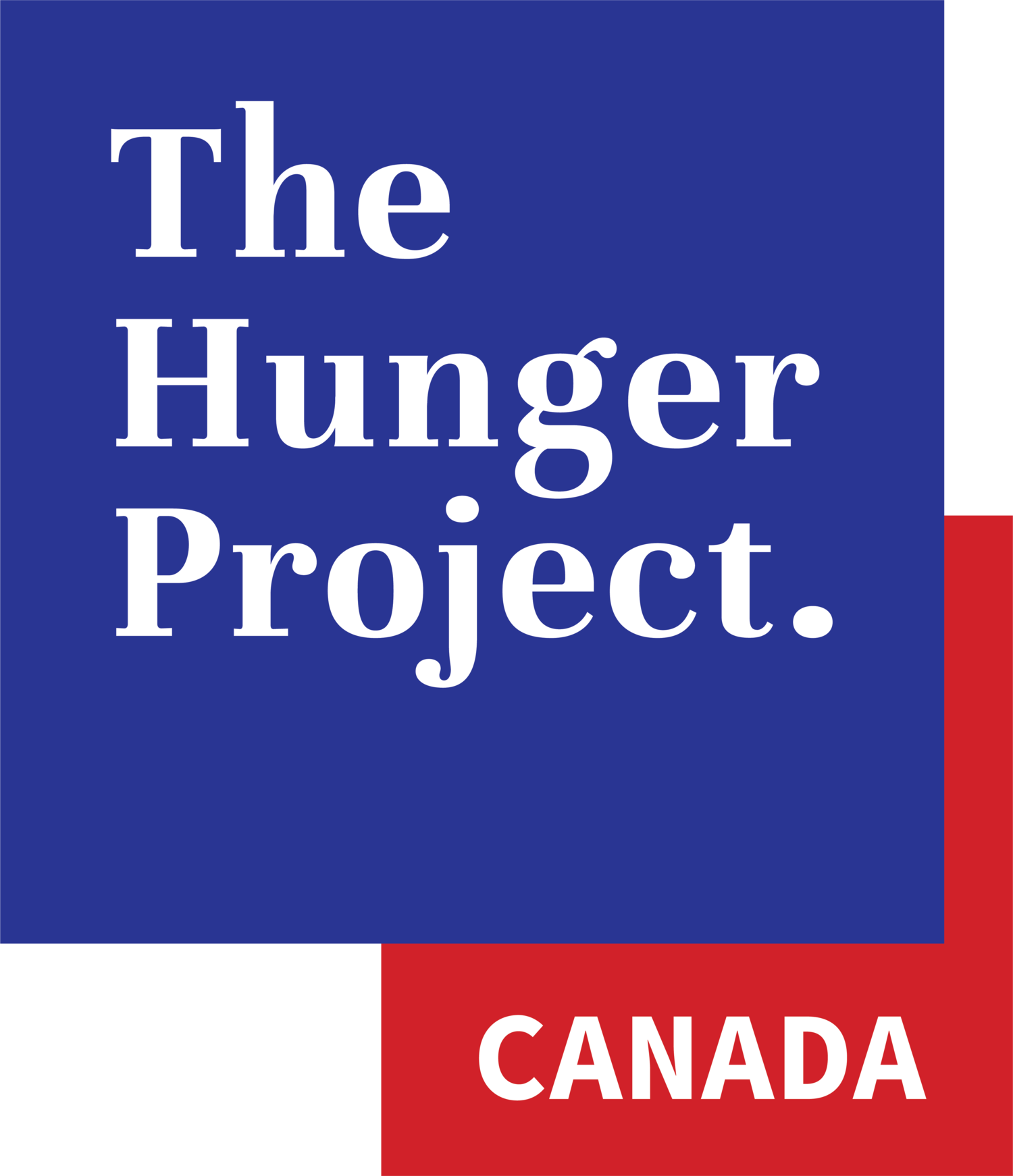How unified communities make for successful communities
One reason that The Hunger Project Epicentres are thriving is because the people within these communities are willing to work together and cooperate despite their differences. When people within a community are connected and unified, we call this social cohesion. These successful communities are able to set aside their differences, such as culture and beliefs for common, mutually beneficial goals. To be socially cohesive is to feel a sense of belonging, maintain peace among community members, and foster good relationships.
The Hunger Project’s strategy places a strong emphasis on fostering and ensuring social cohesion within communities, which is why we collaborate globally to combat hunger and poverty using long-term, women-centric approaches that operate at the community level. By strengthening local capacity to prevent and mitigate violence through nonviolent means that prioritize good governance and human rights, our programs foster social cohesion.
Ways we aid in the promotion of social cohesion:
In Mexico, we collaborate with local authorities and communities to foster social harmony and cohesion. Elections are held in local municipios (municipalities) every two years, so the rapid turnover in local government can result in broken promises. Regardless of which party holds the municipio, we bring together communities and government representatives to create a shared vision for the peaceful management of community life.
In Bangladesh, we work to prevent electoral violence, a pervasive practice made worse by the extreme "winner-take-all" mentality that is frequently practiced by Bangladeshi political parties. In order to ultimately reduce Bangladesh's tolerance of violence, our People Against Violence in Elections (PAVE) program aims to expand the number of peacebuilding activities held throughout the nation. Conducting PAVE training, creating a network of Ambassadors for Peace, and participating in and overseeing peace-building initiatives are among some of the activities in the PAVE program. The Hunger Project’s Social Harmony Workshops give people the tools they need to work together as advocates for peacefully averting and reducing political violence.
In India, we encourage elected women to form federations at the local and state levels so that they can speak out as a group. The federations provide a forum for exchanging experiences and resolving issues in the states of Madhya Pradesh, Karnataka, Odisha, Bihar, and Rajasthan. They also work together to lobby against harmful policies, combat social injustices, promote women's political rights, work on projects, and take initiatives that will benefit their communities.

